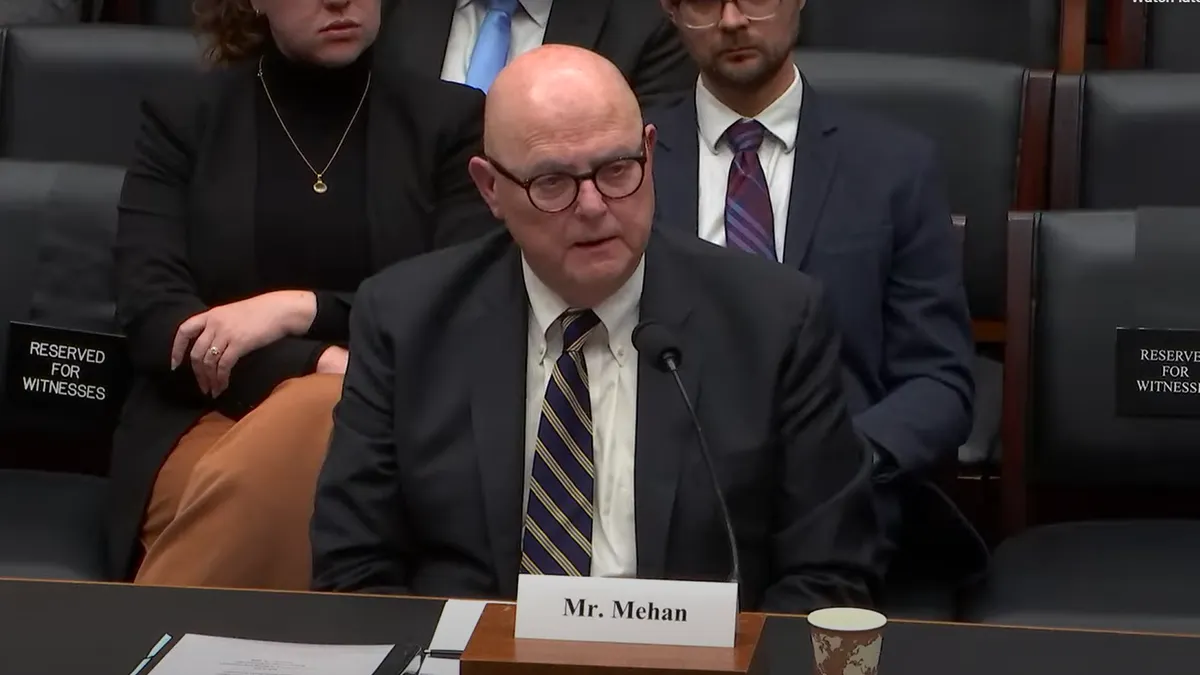Editor's note: This is the third in a series of monthly columns about emerging trends in regulatory compliance and managing hazardous or special waste.
On October 17, Canada became the largest country to legalize recreational marijuana. Parties and park hangouts marked the end of Canadian pot prohibition, with customers waiting in line for hours at government-operated stores to celebrate.
Election Day in the U.S. is a week away, and voters in four states will have their own opportunity to weigh in on marijuana policy. Those initiatives, seeking to approve adult use in North Dakota and Michigan, and medicinal use in Utah and Missouri, could make 2018 one of the biggest years for cannabis reform yet. If voters in all four states approve the ballot measures, the U.S. will end 2018 with 32 states and the District of Columbia allowing either medicinal use and/or recreational adult use.
There are a host of issues with legalization: safety, penalties for possession by minors and the risks involved in crossing state and national borders. Yet it’s no secret that the cannabis market generates a lot of waste. This waste has the potential to create many unintended consequences — as well as business opportunities — as legalization spreads across North America.
Cannabis Collection 101
The marijuana industry encompasses a wide array of businesses including grow operations, product manufacturers and product dispensaries. Each of these operations generate specific wastes which are regulated and managed to avoid public health and environmental impacts.
Commercial recycling and disposal services are needed when these businesses open, but the nature of cannabis operations means those services may be different than usual.
Useful products from the marijuana growing operations, known as flower and trim, are rarely left unused. Though fan leaves, stems and stalks — which contain only trace amounts of active ingredients — make up a large percentage of the cannabis industry’s waste stream and often go to landfills.
Colorado was one of the first states to approve cannabis for adult use. Their regulatory guidance to marijuana operations for waste disposal set a standard for many of the subsequent approving states. Colorado regulatory guidance stipulates the following steps for processing marijuana waste:
A marijuana establishment shall dispose of marijuana and marijuana-infused product waste in a secure waste receptacle in possession and control of the marijuana establishment. The plants and products must be rendered “unusable and unrecognizable.” This must be accomplished by grinding and incorporating the marijuana waste with any of the non-consumable solid wastes and the resulting mixture must be at least 50 percent non-marijuana waste.
That definition means this waste must be disposed at an approved facility in compliance with regulatory and permit conditions. Based on these guidelines, marijuana growing and processing operations need to utilize a grinder to prepare the waste prior to placement in a container sized to manage the expected volume. Paper and plastic waste, cardboard, food waste and soil are all acceptable materials in the resulting mixture.
A reliable scheduled hauling service is essential for the secure bin storage and transportation. The service provider should know the material is a regulated special waste requiring a properly secured container. Using a reliable provider will ensure customers are serviced by a trained driver who understands the secure nature of the load as well as workplace rules prohibiting scavenging.
Washington and Massachusetts are two states looking to divert plant waste away from disposal where possible. Sending cannabis waste to compost operations can be complicated because of rules to grind and mix the waste to make it unusable. If a marijuana establishment decides to compost the material, a dumpster or roll-off box may be more appropriate for direct delivery of unmixed ground material to an approved compost operation. In these situations, the marijuana operations will require a separate container for normal facility trash. Though once the ground material is received, industrial compost operations are able to efficiently break down marijuana plant waste into usable soil.
Another factor to keep in mind is the risks involved in crossing state and national borders not only apply to consumers, but also to service providers. The laws and regulations of the specific state receiving the material and how they apply to cannabis must be reviewed prior to transporting material to any disposal or recycling facilities.
Consumer Packaging and Travel Restrictions
Once the marijuana products are manufactured for consumer use, safety standards generally require them be sold in resealable, child-resistant and opaque packaging. These regulations are meant to protect anyone that is underage or unsuspecting from ingesting marijuana products. Additionally, extensive product labeling requirements demand single-use and smaller products be packaged in elaborate and often oversized packaging than can create extra plastic and paper waste.
Packaging materials and designs are quickly progressing, in many cases with enhanced sustainability qualities. As consumers demand more sustainable options, the industry will need to respond with more recyclable, compostable and innovative material choices.
Consumers of marijuana are faced with another issue if they attempt to travel with cannabis products in the air. In most approved states, signs are posted to remind them marijuana can’t be taken on planes. Travelers must be aware that planes fly through federal airspace, meaning marijuana possession is still illegal.
In Las Vegas, which recently legalized recreational marijuana, McCarran International Airport installed amnesty boxes so passengers can dump their leftover products prior to flying. Several airports in Colorado have similar disposal bins in place. Management of these airport bins by contracted service providers should be done with careful consideration for the secure transport to an approved waste operation.
Other airports have taken widely diverse stances on the issue. Denver International Airport banned marijuana possession, consumption and use on the expansive, 53-square-mile airport property and doesn't have amnesty bins. While in September, Los Angeles International Airport began allowing travelers to carry legal personal amounts of marijuana on flights.
The cannabis industry will address all of these issues over time and their operations will evolve to become more efficient along with regulations. As is the case with any new industry, waste and recycling service providers have a chance to be partners in this process by working with their customers to make operations more efficient and adaptable on a state-by-state basis.
Rich Thompson is the managing partner of TEC, LLC and provides expert consulting advice on complex environmental compliance issues. He was formerly the director of environmental compliance at both Republic Services and Waste Management.

















